Published translations have been used where available and emended as necessary. The aim is to facilitate, for readers who may be familiar with one or two of the languages (Latin, Old English, or Old French used), access to the full texts. Full details of a translation are provided in the bibliography following the reference to the edition of the original text. To facilitate cross-referencing between the original text and the translation, I have provided, where possible, references to books, chapters, and line numbers (in preference to page numbers, which are used only when necessary).
Acknowledgments
It is a great pleasure to acknowledge the many debts I have incurred in the writing of England in Europe. This book has taken me far into new areas and would not have been possible without the intellectual generosity, insights, gentle admonitions, and patient listening of many friends and colleagues. Julia Barrow, Stephen Baxter, Timothy Bolton, Stephen Church, Catherine Clarke, Richard Dance, Marilynn Desmond, Ziad Elmarsafy, Richard Gameson, Simon Gaunt, Jane Gilbert, Joanna Huntingdon, Ellen Joyce, Matthew Kempshall, Simon Keynes, Clare Lees, Roy Liuzza, Rosalind Love, Nicola Morato, Carole Newlands, Mire N Mhaonaigh, Bruce OBrien, Emma OLoughlin Brat, Monika Otter, Christine Phillips, Lucy Pick, Christian Raffensperger, Geoff Rector, Felicitas Schmieder, Pauline Stafford, Eric Stanley, Carol Symes, Nicholas Watson, and Bjorn Weiler have all helped me to learn new material and listened to the arguments developed here. Christopher Baswell and Elaine Treharne offered encouragement at crucial points in the early stages of this project, helping me to see the argument of the book and its significance. In the final stages Elisabeth van Houts, Wim Verbaal, and Jocelyn Wogan-Browne read a full draft and convinced me that it was finished; I will always be grateful for that. Angela Wingfields and Laura Naprans care with the typescript saved me from many errors and much frustration. At University of Toronto Press Andy Orchard and Suzanne Rancourt backed this project from the start, and I remain grateful to them for their continued support as the book grew in length and depth, and deadlines passed; and I am grateful for the care with which Barb Porter shepherded the book from typescript to publication. The incisive comments of the readers for the press guided my final revisions. Many thanks are also due to the Centre for Medieval Studies at the University of Toronto for meeting the cost of the books subvention.
I was very fortunate to write this book at the University of York, which provided a rich and supportive intellectual environment and valued a book that took many years to write, following many detours and finding new destinations along the way. Friends and colleagues in the Department of English and Related Literature and the Centre for Medieval Studies (CMS) have nurtured the twin loves of poetry and history writing on which this book rests. I am especially grateful to Derek Attridge, Tim Ayers, Henry Bainton, John Barrell, Jacques Berthoud, Katy Cubitt, Helen Fulton, Hugh Haughton, Amanda Lillie (and Michael Fend), Linne Mooney, Mark Ormrod, Richard Rowland, Michele Vescovi, and Sethina Watson. Thomas ODonnell, Nicola McDonald, Alastair Minnis, Felicity Riddy, Matthew Townend, and Jocelyn Wogan-Browne will, I am sure, recognize their incalculable influences on the books intellectual landscape. I am grateful to graduate students from both the Department of English and CMS who have taken my England in Europe course over the years; I have learned much from their probing questions, fresh perspectives, and occasional dissatisfactions.
My research has been deeply shaped by long collaboration with Lars Boje Mortensen. Our shared interests in medieval literature across languages and political boundaries led to the establishment of, first, the Interfaces Network and, then, with Christian Hgel, the Centre for Medieval Literature, funded by the Danish National Research Foundation. The wide European horizons and challenges of Interfaces and the Centre for Medieval Literature underpin every chapter of this book. I have been especially grateful for the intellectual companionship of Panagiotis Agapitos, Henry Bainton, Paolo Borsa, Venetia Bridges, Kenneth Clarke, Rita Copeland, Jeroen Deploige, Jane Gilbert, Mayke de Jong, Karla Mallette, Mire N Mhaonaigh, Francine Mora-Lebrun, Thomas ODonnell, Francesco Stella, Wim Verbaal, David Wallace, and George Younge.
I have benefited from substantial leave, in addition to regular research terms, over the course of writing this book. The award of a university anniversary lectureship in 2004, which brought a years research leave, allowed the projects foundations to be laid. Arts and Humanities Research Council (AHRC) leave enabled a first draft to be finished in 200910, just as the new manuscript of the EncomiumEmmae reginae and the lost poem from the Vita dwardi appeared; my thanks are also due to the AHRC for its acceptance of the subsequent deferred completion of this book. The final years of writing were supported by the Danish National Research Foundation (project number DNRF102), via the Centre for Medieval Literature.

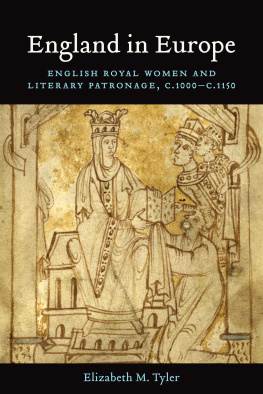
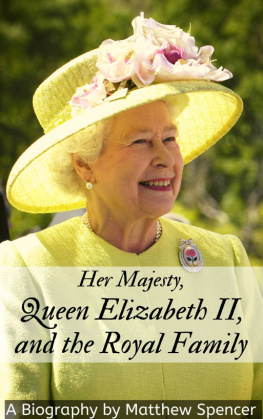
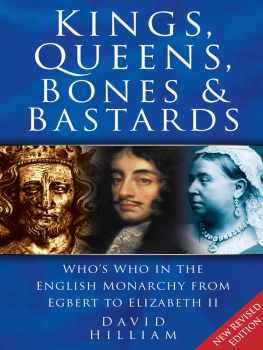
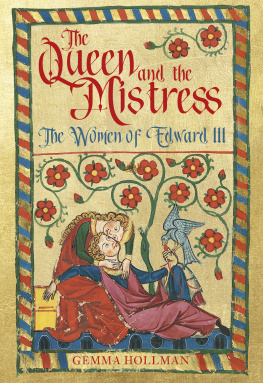

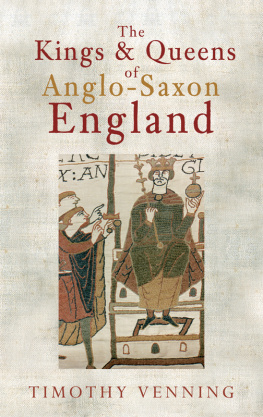
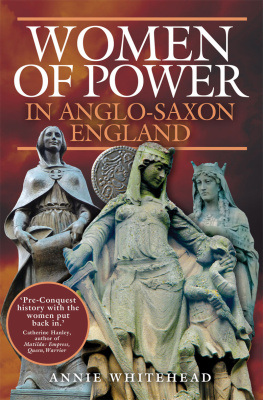
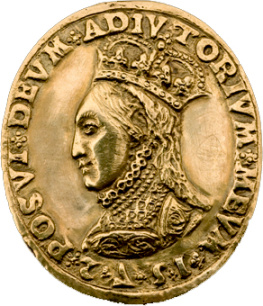
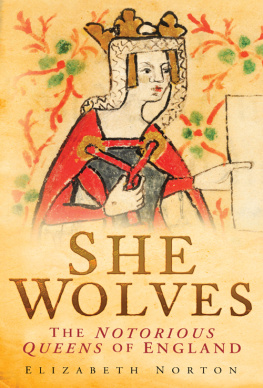
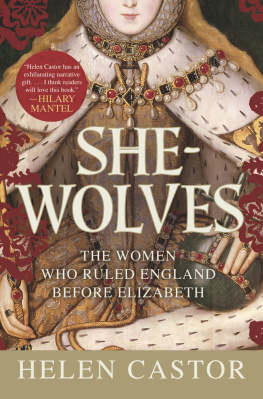
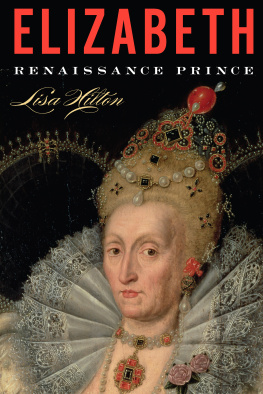
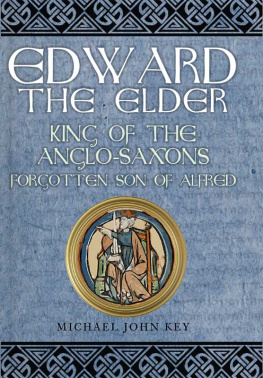
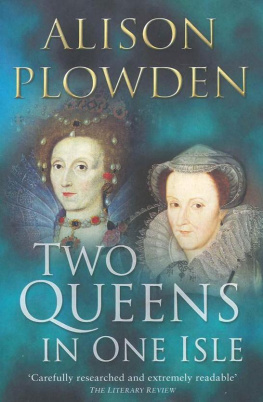
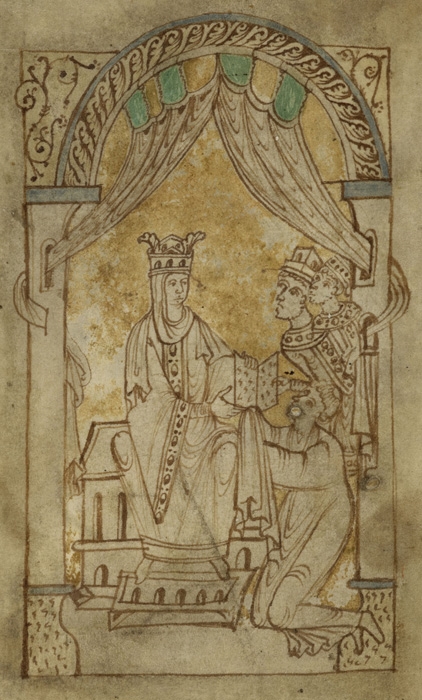
 Printed on acid-free, 100% post-consumer recycled paper with vegetable-based inks
Printed on acid-free, 100% post-consumer recycled paper with vegetable-based inks